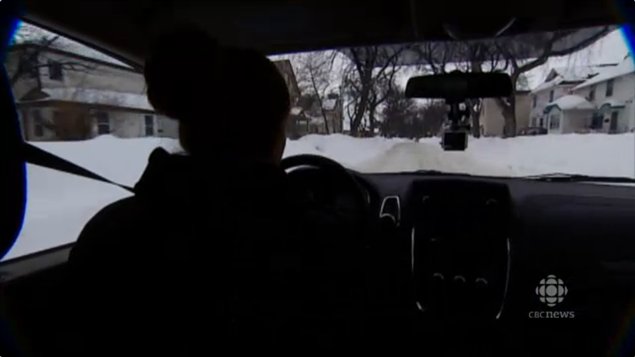Internationally, the three most common forms of trafficking involve forced labour, stealing a person’s organs for transplants, and sexual exploitation. In Canada, most human trafficking is for sexual exploitation and it involves young Canadian girls and women.

Young girls lured into sex work
“80…85 per cent of our cases are young girls between 12, 13, 14 years old being lured and brought into the …the commercial sex trade up until 30 years old,” says Helen Roos, a consultant who has researched human trafficking across Canada. “…(it’s) the girl next door, our own children, our neighbour’s kids. That’s the bulk of what’s happening in Canada.”
There are some cases of people brought into the country from abroad for sexual exploitation or for forced labour. Roos says authorities have not even begun to “scratch the surface” of people being forced to work to pay off debts or who are otherwise coerced.
Perpetrators usually work alone
The perpetrators may be connected with street gangs, says Roos, but most often they work alone or are members of small groups and it is difficult to catch them. “It’s very difficult, it’s a clandestine crime, it’s a criminal activity. So it’s not as though it’s in the wide open.”
People need to know what to look for, says Roos. She calls for more training for police, social workers, and educator so they can see the signs of human trafficking and so they can understand how to intervene. And young people need to understand the many ways they can easily be recruited, particularly through certain websites offering work in clubs or even as nannies abroad. Roos says people need to thoroughly check before they meet anyone offering work online.







For reasons beyond our control, and for an undetermined period of time, our comment section is now closed. However, our social networks remain open to your contributions.